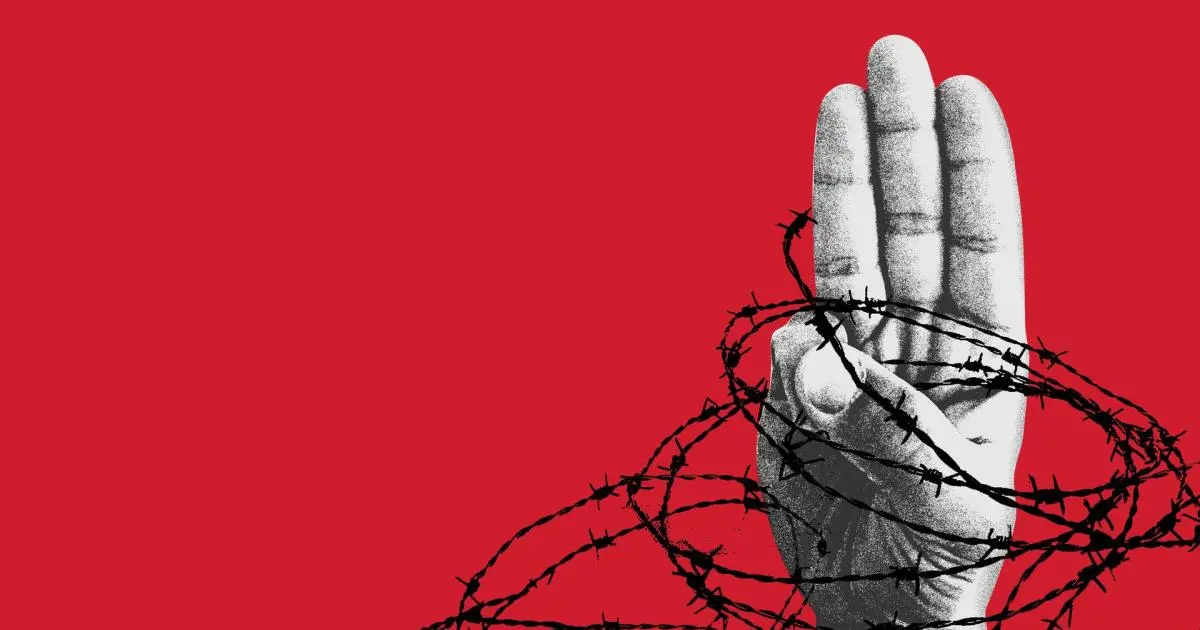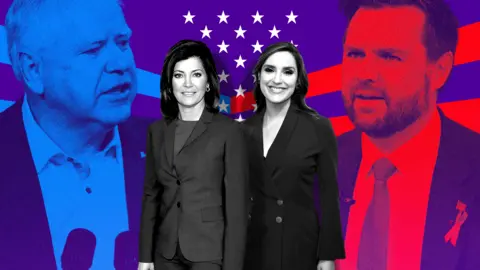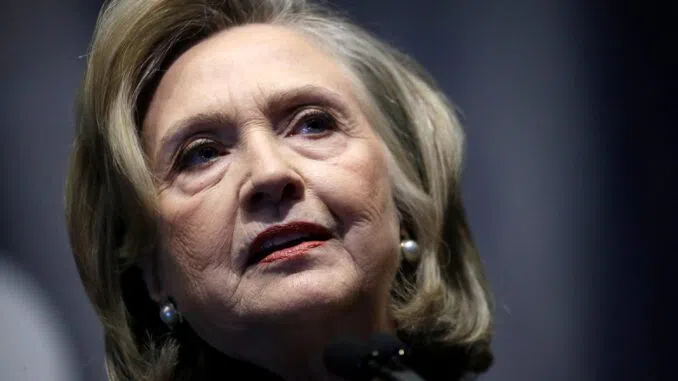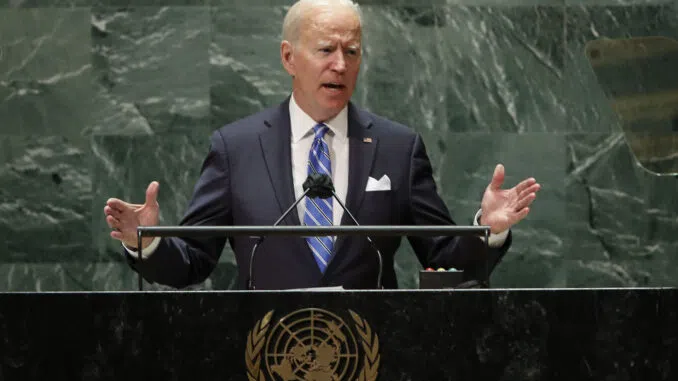The fascinating world of government censorship and the marvelous Censorship Industrial Complex. Who needs free speech and open dialogue anyway? We should all just blindly trust that those in power know what's best for us. After all, they have our best interests at heart, don't they? Let's not question the motives behind their actions or the potential erosion of democratic principles. Sit back, relax, and let the Censorship Industrial Complex decide what information we're allowed to access. It's for our own good, right? #CensorshipGalore #DemocracyInQuestion #WhoNeedsFreeSpeech
One of the pressing questions surrounding the covert U.S. government censorship endeavor has been whether the participants were aware of the legal implications of their actions. Recent developments shed light on this matter, revealing a resounding acknowledgment of their disregard for the law. The House Judiciary Committee's comprehensive report, titled "The Weaponization of CISA: How a 'Cybersecurity' Agency Colluded with Big Tech and 'Disinformation' Partners to Censor Americans," delves into the intricacies of government censorship.
The Censorship Industrial Complex: An Unveiling
Within the report, a former assistant general counsel for the Central Intelligence Agency (CIA) raised concerns about the eventual exposure of their work. In an email exchange with a colleague, the council emphasized that it was merely a matter of time before their operations attracted attention and scrutiny. This revelation alludes to a network comprising both government agencies and nongovernmental organizations—an entity referred to as the Censorship Industrial Complex. One notable member of this complex is the University of Washington's Center for an Informed Public, led by Kate Starbird.
Recognizing Vulnerabilities
Responding to the concerns raised by the former CIA official, Susan Spaulding, Starbird acknowledged the existence of vulnerabilities within their activities. She concurred, stating, "Yes. I agree. We have a couple of pretty obvious vulnerabilities." This admission signifies an internal understanding of potential weaknesses in their operations.
Denial and Shifting of Blame
However, Starbird's stance quickly shifted, dismissing any wrongdoing on their part. Instead, she directed attention toward the broader issue of public discourse influenced by information operations. Starbird argued that the acceptance of misleading information, or "misinformation," as protected speech within democratic norms was the real problem. According to her, the Censorship Industrial Complex's actions were driven by the need to counter this trend and prevent "bad faith criticism" against CISA's censorship efforts.
Unveiling "Misinformation"
But what exactly is "misinformation"? It refers to accurate information that, when interpreted by individuals, might lead them to draw incorrect conclusions or take actions contrary to the intentions of Starbird, Spaulding, and their allies. For instance, they aimed to dissuade people from opting out of receiving the Covid-19 vaccination.
Conclusion
The House Judiciary Committee's report serves as a critical exposé, unmasking the inner workings of government censorship and the collaborative efforts of the Censorship Industrial Complex. The revelation of their awareness of potential legal infringements raises significant concerns about the erosion of democratic principles. Understanding the concept of "misinformation" provides insight into the motivations driving these actions. As the public becomes increasingly aware of these issues, it is crucial to question the limits of censorship and ensure the preservation of free speech and open discourse in our society.
Is this content hitting the mark for you? If so, consider supporting my work—buy me a virtual coffee! 




